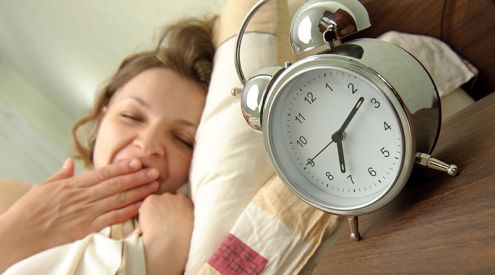- Our studies
- Our research
- Publications and resources
- Data access and training
- About
- News
- Events
- Get in touch
- Join our mailing list
The Next Steps Age 25 Sweep has provided valuable insights into the lives of young adults today. A total of 7,707 cohort members took part at this age, enhancing the study’s value as a resource for researchers to gain an insight into the millennial generation as they leave their adolescence behind and enter early adulthood. This data will allow researchers to explore how cohort members’ educational choices, family resources and experiences in adolescence have influenced their life chances so far.
| Project title | Initial findings from the Next Steps Age 25 sweep |
|---|---|
| Project lead | Lisa Calderwood |
| Themes | Education Employment, income and wealth Expectations, attitudes and beliefs Health behaviour Mental health and wellbeing Physical health Poverty |
| Dates | 2015-2016 |
| Funders | ESRC |
| Summary |

This briefing paper summarises 25-year-olds’ experiences of adulthood, political interest and perception of opportunities. It describes the proportion who have an interest in politics, and…
Download

This briefing paper summarises the experiences of mental health problems among the Next Steps cohort at age 25. It explores the prevalence of probable mental…
Download

This briefing paper summarises the effects of diet and exercise on weight and general health at age 25. It explores the prevalence and risks for…
Download
This briefing paper summarises 25-year-olds’ experience with the labour market. More specifically, it explores the nature of the cohort members’ current jobs, and the proportion…
Download